Vodeno and Aion Bank are partners offering BaaS solutions to European companies. In July, UniCredit announced their agreement to acquire Aion Bank and Vodeno.
This is the first major European bank to recognise the BaaS model as a future growth opportunity and invest in its development. NFM caught up with Noah Sharp, CEO of Vodeno, for a quick chat about the state of BaaS in Europe.
What makes the Vodeno and Aion partnership special?
Vodeno/Aion is a well-established player in the European BaaS sector.
Vodeno has built a fully cloud-based core banking system, leveraging a private blockchain for maximum data integrity. The platform isn’t just a thin layer. We deeply integrate all banking services, including ledgers, accounts, payment messaging, and regulatory reporting. The system is extendible, scalable, and flexible enough to expand easily into different geographies, enabling seamless embedded banking solutions.
Our partner Aion is a fully regulated digital bank and credit institution, operating with an ECB licence, supervised by the National Bank of Belgium, with additional branches in Poland, Germany, and Sweden.
The ECB licence means Vodeno/Aion can offer a complete suite of banking services, combining API-based tech stack for quick integration with banking licence and regulatory and compliance expertise in a fully end-to-end offering.
When would a company choose to use a BaaS solution?
Any business with a built-in customer base—where financial solutions embedded directly into their customer journey can add value and create a better experience—should consider BaaS. We see use cases in the e-commerce and marketplace sectors that want to offer a choice in payment solutions, such as instant payment, regulated lending or BNPL—these companies want to offer banking products, but aren’t interested in building their own tech or becoming a regulated bank.
Tell us about some of the BaaS regulatory troubles we’ve seen recently.
All BaaS providers aren’t the same. Some are strictly IT specialists, while others hold licences limited to payment products. BaaS products are regulated banking products, so they must be fully compliant. We’ve seen some BaaS providers with inadequate procedures in KYC and AML. We’ve also seen providers without the necessary licence outsource these responsibilities to third parties, causing complications.
In reality, which banking licence a BaaS provider has (if any) dictates the services they’re able to offer, just as much as their underlying technology.
So, companies don’t need a banking licence if they use your BaaS service?
Correct. Previously, it was all about technology. In today’s BaaS landscape, API-based platforms are table stakes, and businesses are looking for providers that can offer the tech stack, as well as the licence and compliance expertise to help them scale.
However, if a client already has a licence, they can—and some do—use our tech for their banking services.
What geographies do you operate in?
We can passport our services across 15 EEA markets with Aion’s Belgian home licence. Aion’s branches in Sweden, Germany and Poland also mean we have access to local payment services, can issue virtual IBANs, and use local clearing schemes.
Access to local payments, especially for instant payments, is a major issue for many businesses. Also, IBAN discrimination still exists, with settlements sometimes taking up to five days. Increasing local payment support increases acceptance rates. We offer local payment methods in several zones.
What should Nordic businesses considering BaaS take into account?
Determine the friction points in your customer journey and then model your embedded finance offering based on that.
GTM is just as important as the product itself: businesses can’t adopt BaaS with a mindset of “build it and they will come.” Careful planning must go into the GTM strategy for any BaaS solution.
Finally, regulation and compliance are critical. Their BaaS provider must be licensed to offer the services they need, or the business itself must already have the applicable licence and compliance procedures in place.



